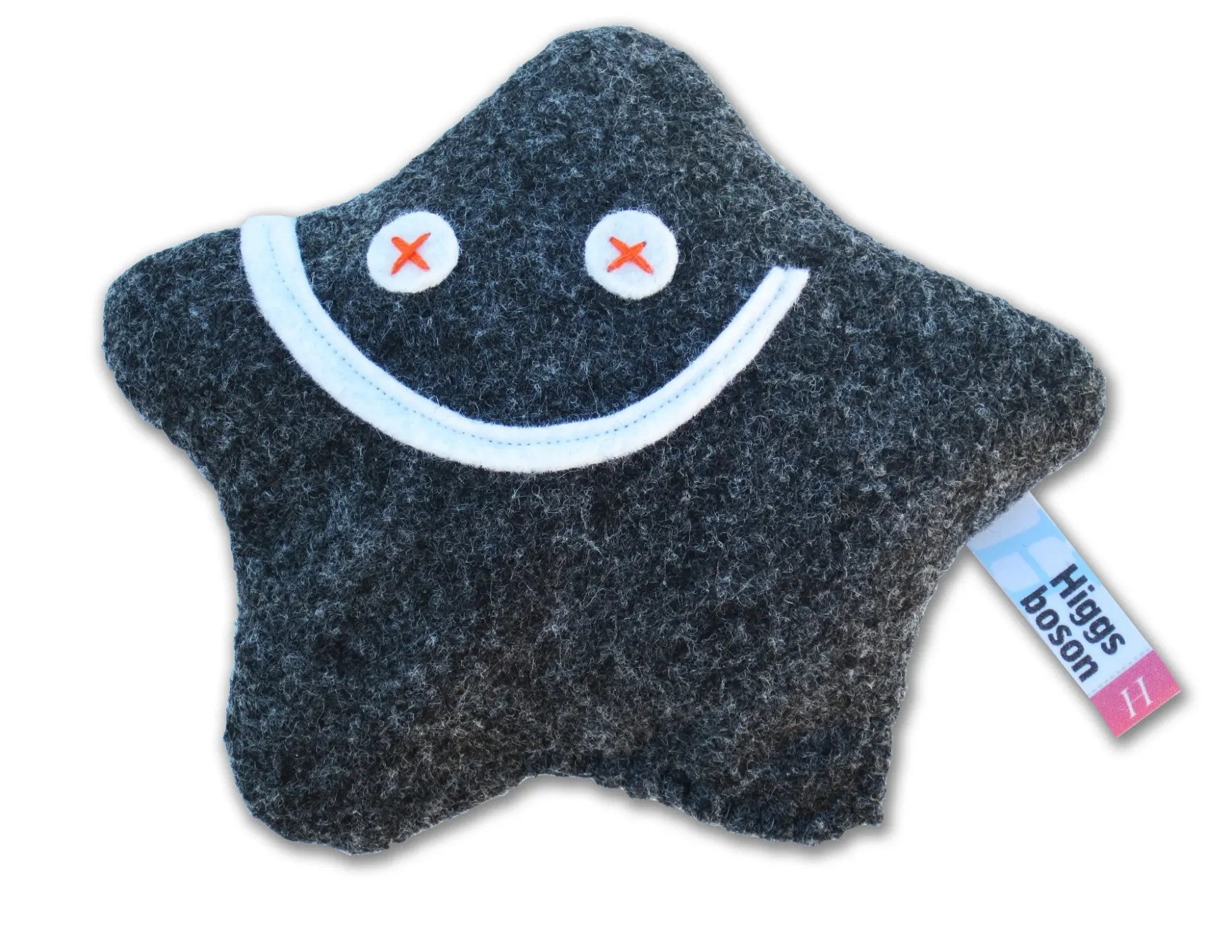The Three Quarks of Human Rights

Why rights, like matter itself, can't exist in isolation.
Physics tells us that quarks can't exist alone — they're always bound together, creating the matter of our universe. Human rights work the same way - all the rights are of equal importance and indivisible, but there are 3 concepts that inform all the rights.
Imagine human rights not as lofty abstractions handed down from committees in Geneva, but as tiny subatomic "rights-quarks" — fundamental particles whose interplay gives rise to the molecule we know as Human Rights. One of these quarks, shining brightest in our contemporary moment, is Bodily Autonomy — the principle that your body is not a rucksack to be unpacked at the public sphere's door, but a realm of your own choice, agency, and personal freedom.
But what are the other two quarks spinning in this rights-atom? After a bit of philosophical star-gazing (and perhaps consulting the ghost of Eleanor Roosevelt), let's settle on Equality and Dignity — each equally essential to bind the constellation of rights.
1. Bodily Autonomy
This is your license to be, fully and unabridged, in the world — to move, to speak, to live as yourself without state intrusion. As UN bodies affirm, autonomy isn't just legal—it's foundational to agency and dignity itself.
It's why forced medical procedures horrify us, why detention without trial feels viscerally wrong, why the phrase "my body, my choice" resonates across movements and millennia. When we talk about bodily autonomy, we're talking about the border between self and state, between the private cathedral of your own flesh and the public square's demands. It's the right that says: here, at least, in this vessel of bone and blood, I am sovereign.
2. Equality
Next comes equality — the principle that each of us, by virtue of our humanity, wields the same moral gravity. No one gets a multiplier for their worthiness; no one's rights come at a discount. The grand declarations from the Enlightenment to the UDHR enshrine this: "All human beings are born free and equal in dignity and rights".
It's why "separate but equal" was always a lie, why one person/one vote matters, why we instinctively know that justice with an asterisk isn't justice at all. Equality ensures that autonomy doesn't become a privilege of the powerful, but a universal quark radiating across all identities — regardless of the melanin in your skin, the chromosomes in your cells, the god you worship or decline to worship, the person you love.
3. Dignity
The third quark, dignity, is the moral glue — mysterious, almost mystical, but utterly essential. It's the idea that every person has inherent worth — not because of what they've achieved, but because they are. Philosophers from Kant to Ubuntu philosophy frame it as the recognition that people aren't mere instruments of policy, but ends in themselves, carriers of something irreducible and sacred.
It's why we recoil from degrading treatment, even of those who've done terrible things. Why there's something fundamentally wrong about humiliation as punishment, about treating any human as mere meat or machinery. International law reveres dignity as both source and safeguard of human rights law — the bedrock belief that there's a spark in each of us that no government, no matter how powerful, has the right to extinguish.
The Rights Molecule: How the Quarks Bond
Now for the quantum magic: Individually, each quark seems modest, even fragile. Autonomy without equality becomes privilege — granted to some, denied to others, creating a hierarchy of whose body matters. Equality without dignity risks flattening moral complexity — treating everyone the same, but as equally worthless cogs. Dignity alone might drift into vague abstraction, a pretty principle with no practical force.
But when these three coalesce — ah, then we get fusion. Then we get that strange reaction that lights up constitutions and declarations, that makes tyrants nervous and gives the oppressed a language for their liberation:
- Bodily Autonomy ensures rights mean freedom
- Equality ensures it's rights for all
- Dignity ensures it's rights that honor what's sacred in each person
Together, they form a luminous molecule — our shared commitment that every person, everywhere, can exist fully, equally, respected, and free. It's not just legal architecture; it's moral physics, as fundamental to human flourishing as carbon is to life.
The Quantum Entanglement of Rights
Here's the truly whimsical part: just as quantum particles can be entangled across vast distances, these rights-quarks connect us across every border humans have drawn. When someone's dignity is violated in a prison cell halfway around the world, we feel the disturbance in the force. When equality is denied in one nation, the whole global structure of rights shivers slightly. When bodily autonomy is breached, something in our collective human project dims.
Closing Spark
So next time you ponder the roots of rights, think not of dusty treatises or UN jargon, but three vibrant quarks spinning in perpetual dance: autonomy, equality, dignity. Separately they're notable — together they fuse into that strange, stubborn miracle we call human rights. The impossible idea that somehow, against all evidence of history's cruelties, keeps lighting up the dark.
Because like those physical quarks that build our universe, these rights-quarks remind us of a fundamental truth: we're all made of the same stuff. And that stuff? It's absolutely brilliant.
